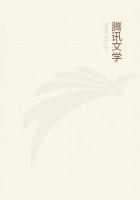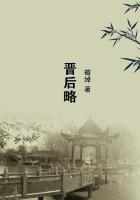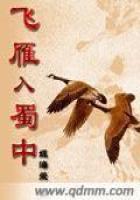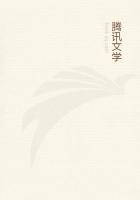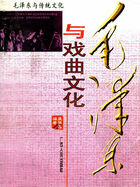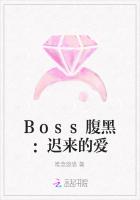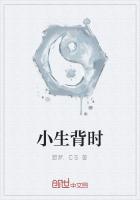In the second place, a proof a priori according to definite rules is still less capable of determining the judgement as to beauty.If any one reads me his poem, or brings me to a play, which, all said and done, fails to commend itself to my taste, then let him adduce Batteux or Lessing, or still older and more famous critics of taste, with all the host of rules laid down by them, as a proof of the beauty of his poem; let certain passages particularly displeasing to me accord completely with the rules of beauty (as set out by these critics and universally recognized): I stop my ears: I do not want to hear any reasons or any arguing about the matter.I would prefer to suppose that those rules of the critics were at fault, or at least have no application, than to allow my judgement to be determined by a priori proofs.I take my stand on the ground that my judgement is to be one of taste, and not one of understanding or reason.
This would appear to be one of the chief reasons why this faculty of aesthetic judgement has been given the name of taste.For a man may recount to me all the ingredients of a dish, and observe of each and every one of them that it is just what I like, and, in addition, rightly commend the wholesomeness of the food; yet I am deaf to all these arguments.I try the dish with my own tongue and palate, and Ipass judgement according to their verdict (not according to universal principles).
As a matter of fact, the judgement of taste is invariably laid down as a singular judgement upon the object.The understanding can, from the comparison of the object, in point of delight, with the judgements of others, form a universal judgement, e.g.: "All tulips are beautiful." But that judgement is then not one of taste, but is a logical judgement which converts the reference of an object to our taste into a predicate belonging to things of a certain kind.But it is only the judgement whereby I regard an individual given tulip as beautiful, i.e., regard my delight in it as of universal validity, that is a judgement of taste.Its peculiarity, however, consists in the fact, that, although it has merely subjective validity, still it extends its claims to all subjects, as unreservedly as it would if it were an objective judgement, resting on grounds of cognition and capable of being proved to demonstration.
SS 34.An objective principle of taste is not possible.
A principle of taste would mean a fundamental premiss under the condition of which one might subsume the concept of an object, and then, by a syllogism, draw the inference that it is beautiful.That, however, is absolutely impossible.For I must feel the pleasure immediately in the representation of the object, and I cannot be talked into it by any grounds of proof.Thus although critics, as Hume says, are able to reason more plausibly than cooks, they must still share the same fate.For the determining ground of their judgement they are not able to look to the force of demonstrations, but only to the reflection of the subject upon his own state (of pleasure or displeasure), to the exclusion of precepts and rules.
There is, however, a matter upon which it is competent for critics to exercise their subtlety, and upon which they ought to do so, so long as it tends to the rectification and extension of our judgements of taste.But that matter is not one of exhibiting the determining ground of aesthetic judgements of this kind in a universally applicable formula-which is impossible.Rather is it the investigation of the faculties of cognition and their function in these judgements, and the illustration, by the analysis of examples, of their mutual subjective finality, the form of which in a given representation has been shown above to constitute the beauty of their object.Hence with regard to the representation whereby an object is given, the critique of taste itself is only subjective;viz., it is the art or science of reducing the mutual relation of the understanding and the imagination in the given representation (without reference to antecedent sensation or concept), consequently their accordance or discordance, to rules, and of determining them with regard to their conditions.It is art if it only illustrates this by examples; it is science if it deduces the possibility of such an estimate from the nature of these faculties as faculties of knowledge-in general.It is only with the latter, as transcendental critique, that we have here any concern.Its proper scope is the development and justification of the subjective principle of taste, as an a priori principle of judgement.As an art, critique merely looks to the physiological (here psychological) and, consequently, empirical rules, according to which in actual fact taste proceeds (passing by the question of their possibility) and seeks to apply them in estimating its objects.The latter critique criticizes the products of fine art, just as the former does the faculty of estimating them.
SS 35.The principle of taste is the subjective principle of the general power of judgement.

